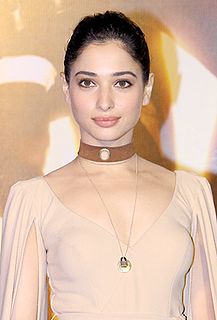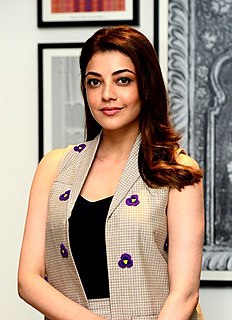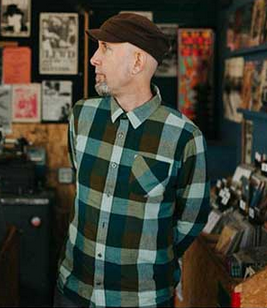A Quote by Sara Sheridan
Something I notice speaking to writers from south of Hadrians Wall is that the culture is different. At base, I think Scotland values its creative industries differently from England.
Related Quotes
Most people just aren't clear-eyed about the rural South. We think that the urban centers are the problem, and the rural areas across the country are idyllic, suffused with good old American values, social values, religious values, moral values. It's what we tell ourselves to keep this political power structure in place, and it's what we see in pop culture, too.
The average person might articulate them differently, but we all think about interpersonal relationships in one way or another. Writers just express that in different ways and capture it in different ways. To some degree, we're all thinking about the same things. It's the zeitgeist. The trick, in a way, as a writer, is to hope that your interests in some sense link up with the culture around you.
I think of sports writers as mediating between two worlds. Athletes probably think of sports writers as not macho enough. And people in high culture probably think of sports writers as jocks or something. They are in an interestingly complex position in which they have to mediate the world of body and the world of words.
Balancing my career between two industries has never been an issue. I started with a Telugu film and have a soft corner for the south industry, though I've grown up speaking Hindi. I don't think language can be a barrier when it comes to acting. And, since I come from a theatre background, I'm used to memorizing my lines.
It is considered in England and the United States that the Government of South Africa is altogether too harsh with its native peoples. It is sadly humorous to notice that the native in South Africa, however, holds an exactly reverse opinion and the fault he finds with the South African Government is that it is far too lenient in its administration of laws throughout the native populace.
Slavery wasn't something that grew up in the American South. and black people were not the first to be slaves in America. Before them there were 'indentured laborers,' taken out of jails in England and Scotland and so forth and brought to the colonies to work out their terms in the fields and then be set free.
Scotland has always been independent. We have our own legal system, our own culture; I don't see the issue. We are different and I think we should celebrate those differences within the union. I can see what would be lost, but don't necessarily see what would be gained by breaking away. What does upset me is that I can't vote in Scotland.
I think so much of our society is geared towards mainstream media and pop culture and so forth. And there's a huge divide between the artist and the fan. And with indie culture that wall is removed. You actually do see the musicians walking around enjoying the show. It's a distinctly different culture and for the 99% of Nirvana fans that caught up with them with Nevermind, my book is gonna give them a whole different take on Kurt [Cobain] and the band.





































